What Makes a Horse Cheap or Expensive to Buy?
The price of a horse is something that not everyone knows about, but those who follow racing closely will see this as the information they need to look at in a bid to find horses to follow. But what makes a horse cheap, and what makes a horse expensive?
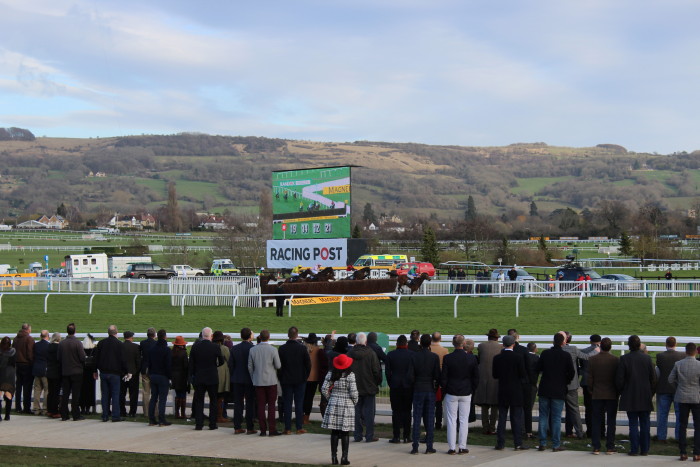
There’s a relatively simple answer to this question, putting together a number of different elements, all of which make perfectly good sense.
The Breeding of a Horse
The biggest element of this calculation is, without a doubt, the breeding of the horse. With a good pedigree, especially if it has been proven time and time again, then a horse’s value will shoot up. Similarly, horses bred by sires that have struggled, or shown to produce horses with quirks, will see their price remain low, even if other aspects of the horse point towards them being a good one.
Sires are the most talked about factor of breeding, but mares can often be the real difference maker when it comes to price. The reason for this is simple, mares can only produce one horse per year, while sires will cover many mares, the best will have plenty of horses hitting the track by them.
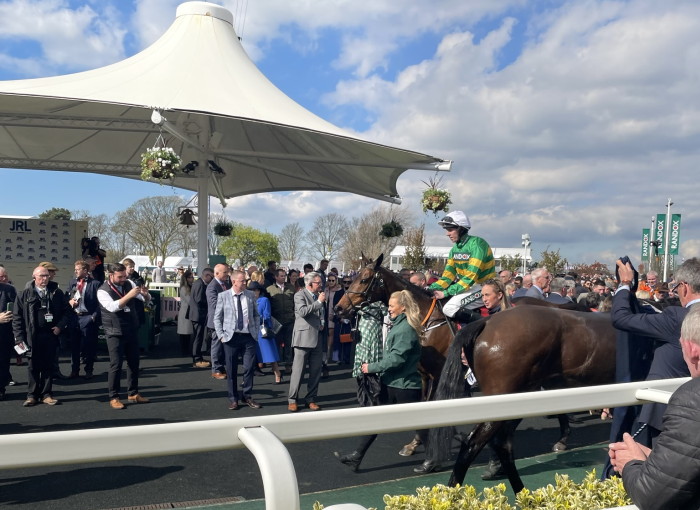
Therefore, a mare having a rock-solid pedigree and a reputation for delivering good quality horses on the track will always push the price up further than being by a good sire. Should you get both, that is when the serious money begins to be thrown about.
Generally speaking, when looking at the price of a horse, the breeding will have a big impact, but that impact is bigger the younger the horse is. This is especially the case when horses are so young that they haven’t yet run on the track, for example, when people are buying yearlings or when they are buying two-year-olds for the flat before they’ve hit the track.
Any Available Form
Should a horse be purchased after racing, even if this is on the amateur point-to-point circuit, then the form on offer is going to determine the price a lot. This is the one element that has the potential to be more valuable than the breeding in limited cases but is often used alongside breeding when the form is from amateur racing rather than under rules.
Many national hunt horses are bought from the point-to-point racing scene, either in the UK or Ireland, and the way of buying via point-to-point races has changed dramatically. Those buying will often be able to see recordings of selected races, or if not, a detailed race result so they can see what has happened.
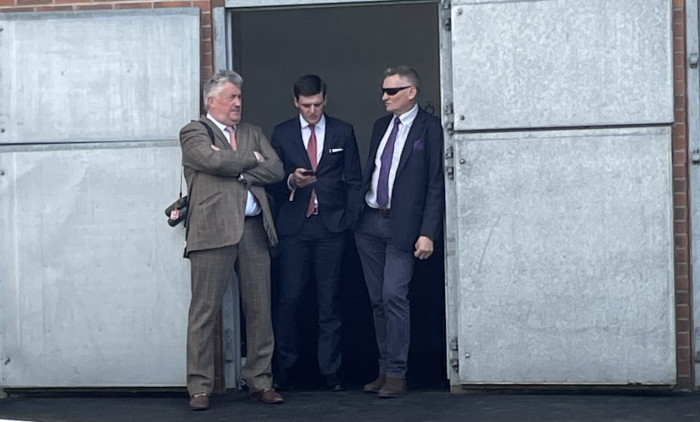
With this additional information available, sometimes in the form of a replay, form will be taken more seriously, with more emphasis placed upon it.
If a horse has plenty of form in the book, for example, a horse that is being bought to go jumping but has already run on the flat, then there will be a time when form overtakes breeding as the most important aspect of the price. There will be so much on offer that people can view and get an opinion of that they don’t need to guess based on breeding.
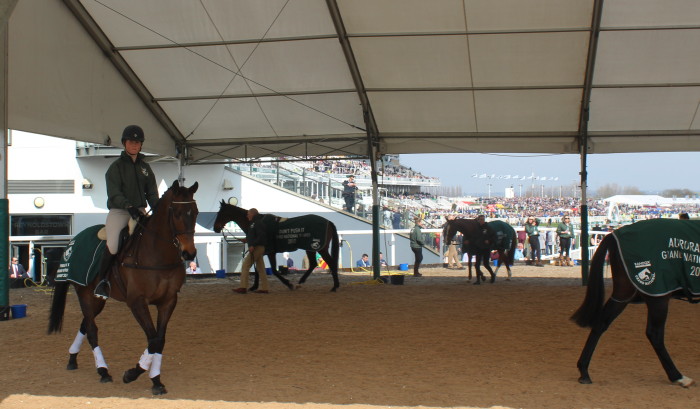
The Stature of the Breeding/Pre-Training Team
The time period from birth to moving into a racing yard can vary depending on the horse. Some will be moved early, while others will be left to develop with their breeder and put with a pre-training team to get them ready.
Whatever the plan, even if it’s only for a short period, it will also have an impact on the price. This isn’t something that would negatively impact the price too often but can be a reason to push it higher.
Certain pre-training yards, and even breeders, will have a reputation of delivering good quality horses, ones that have been given the very best care during the early period of their lives, and this can be a difference maker with the price.
This may only have a small impact because every horse is different and will react differently to their environments, but it is certainly something to look out for because buyers do.

How Many People Want to Buy the Horse
The final aspect which can help or hinder the price of a horse is, of course, how many people are interested in buying it. Many horses are sold via auctions, and the way an auction works is that people bid against each other, so the more people are interested, the more the price will be pushed up.
Even when talking about private sales, if a horse is on the market, and many people are messaging with their interest, then, of course, those who currently own the horse will pit the bidders against each other and drive the price up.
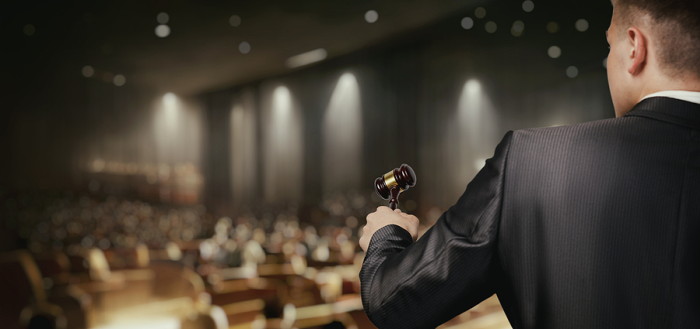
Similarly with the opposite, if there is no interest, then the current owner will have to lower their price to attract potential buyers. This may be in an auction, by reducing the reserve price, or not having one at all, or elsewhere, if a horse isn’t at the auction but is up for advertised sale.
We’ve seen big owners go head-to-head in the sales ring before, and that can quickly take the price up, often to heights that are way inflated and above actual worth.
